Synopsis of "The Passenger"
Act I Scene 1: "Ship" A ship crosses the ocean headed for Brazil. On board, Walter and Lisa Kretschmer, a couple who have been married for 15 years. They are standing on the deck, enjoying the view, talk of their love for one another and that they are, so to speak, on their second honeymoon. A steward serves drinks and invites them to the dance. Lisa suddenly notices a lonely looking woman at the railing and is deeply shocked. She seems to know her. Flashback: Stage, Lower Level. Auschwitz is visible. Lisa (Miss Franz), in SS-Uniform, is standing before the female head guard and pledging obedience. On the boat: Lisa says she has a headache and runs to her cabin. Excitedly, she asks herself if this unknown person could be Martha, who should in fact be dead, and whether she was recognized. She rings for the steward and bribes him to find out who the woman is and where she is traveling to. Walter comes into the cabin and convinces Lisa to come with him to the dance. In the corridor, they run into the unknown woman. Frightened and in panic, Lisa drags her husband back into the cabin. He demands an explanation for Lisa’s strange behavior. It comes out that Lisa was with the SS and in Auschwitz. Walter is appalled, afraid of scandal and sees his career as a diplomat falling apart before he even arrives at his appointment in Brazil. Lisa tries to explain that she believed in the Führer and was only following orders and that she was forced into duty at Auschwitz. Martha was a Polish prisoner who she had secretly helped, but Martha was proud and full of hate. She was put in the death block, which she probably shouldn’t have survived. The steward comes to say that the woman is a British citizen on a trip to Brazil. Lisa and Walter are relieved and go out on deck. The unknown woman is standing again in the same place at the railing.
Scene 2: "Roll Call" Stage, Lower Level. A square in Auschwitz. All around are barracks, watchtowers, concrete posts, spotlights, barbed wire… Morning roll call of the prisoners, the guards shout out the numbers. Off to the side, a group of SS men talk about the depressing life in the camp which, however, is still better than the Eastern Front, about the problems of disposing the 20,000 corpses every day, the number of which is still too low. Lisa and Martha appear – as guard and prisoner. Lisa is complimented for her appearance and praised for her work. She explains her success as owing to the fact that she has found a confidante among the prisoners, Martha, a Pole. Martha does not know if she can trust the woman; she feels spied on, but also well treated.
Scene 3: "Barracks" The women are returning from work. A group of new arrivals is crowded at the entrance. An old woman who has gone insane frightens the unsuspecting new prisoners, Christians and Jews from cities all over Europe. Sitting on their plank beds the women talk of their fears and hopes, whether they feel closer each day to freedom or the grave; they make dates to see each other after the war; Martha dreams of escaping… In a corner, Bronka prays for the well-being of her four children and that the perpetrators be punished. While Krzystina has lost her belief in God, Ivette encourages Bronka: God will hear her beautiful prayer. Questions remain unanswered: Why did Christ forgive his tormentors, can one forgive murderers, do the Germans have a God? Suddenly, the door bursts open, Katja, a Russian woman, is thrown inside and onto the floor. Lisa stands to the side and observes the goings-on. All of the prisoners want to help Katja, bring her water, calm her down, but she only cries out that she will never surrender. A Kapo gloats in front of Lisa that she has discovered a note. Lisa looks for Martha and orders her to read aloud what is written on the note: It is a harmless love letter to Tadeusz that talks of the pain of separation and the hope of seeing him again soon. On a screen, the coded message is blended in: “the report has been sent….waiting for contact…” Lisa seizes the note and orders jail for Katja beginning the next day. Quiet returns to the barracks again. Katja and Martha talk about the successful transmission of the message. The deck of the ship is blended in, Walter lies on a chaise lounge. Lisa is standing at the front of the stage and looks up at him: she explains to him how Martha and all of the others hated her and what deep anguish this caused her. But Walter does not react.
Act II Scene 4: "Storehouse" Morning. In the storehouse of the camp. Mountains of suitcases, pieces of furniture, musical instruments, baby carriages, clothing, shoes. Prisoners from the women’s barracks are sorting things. Lisa oversees the work. Her conversation with an SS-man can be heard over the loudspeaker: he is supposed to procure the best violin he can find for his Commandant; there is a famous violinist in his troop who is supposed to practice and perform the Commandant’s favorite waltz before he goes up in smoke… Lisa gives him a violin case with a valuable violin, but the SS-man wants to send the musician himself to pick up the violin. Tadeusz arrives and stands at attention before Lisa. Martha recognizes her fiancé, who she hasn’t seen in two years, and freezes. Tadeusz, too, stands as if petrified. Lisa notices this, points to the violin and leaves. Martha and Tadeusz fall into each other’s arms: declarations of love, kisses follow… He tells her that he came to pick up the violin because he is supposed to play a waltz at a concert. Again, caresses, compliments, memories: how they were once in a dark, empty church and she wanted him to play something on the organ as if it were their wedding… Suddenly Lisa reappears. Tadeusz and Martha have to admit to her that they are engaged to one another. Lisa, acting friendly, offers to close an eye, as an exception, and allow them a rendezvous; another guard would have put the two in jail. Lisa, asking for appreciation and gratitude, pulls the note out of her pocket and rips it up: the secret will remain a secret… Katja appears, sees Tadeusz and Martha, runs to them and warns them to watch out for Guard Franz: she is underhanded, lets others do the killing… Finally, the waltz of the Commandant “the great music connoisseur” can be heard.
Scene 5: "Workshop" Day. Small room in the men’s barracks, a kind of carpentry or engraving workshop. On the walls, silver plates, on the table, blocks of wood. Tadeusz reads a note. On the screen, the text appears: “Your report was received in Krakow in time. We thank you for the valuable information. Know this: Kiev has been liberated! Hang in there, friends, and be careful!” Footsteps. Tadeusz hides the note in a hurry. Lisa enters, looks through the sketches, inspects the different work and involves Tadeusz in conversation. On a small medal, she recognizes Martha, the “Madonna of the Camp”, as she calls her, though without any hair… “it could grow again, could…” She asks Tadeusz why he doesn’t try to meet with her. He says that he doesn’t want to take the chance of her being beaten because of him. Lisa offers once again to help them arrange a rendezvous, but Tadeusz refuses: He won’t go, because he doesn’t need any favors from her. Lisa is offended. The ship’s deck is blended in, Walter on the chaise lounge. Lisa shouts to him that Tadeusz didn’t want to accept her favor even though he knew of his imminent end; they were simply blind with hate! Walter does not react.
Scene 6: "Barracks" Evening. In the barracks. Martha’s birthday is celebrated by a group of women. She has a bouquet of flowers in her hand. Everyone is in a happy mood, she is congratulated and cheered by a chorus of well wishers. Martha sings a Polish folksong about two death fantasies: If God permits, she would like to die in the golden autumn, in gentleness and silence, just as the sun sinks in a golden haze without leaving any traces, that the little bird sings her a farewell song and that she herself sings a final song that reaches to the bottom of the heart and to the highest summits of the heavens. Then her beloved will close her lips with a kiss. If God does not permit this, then she would like to die in the spring, at war, at an hour when red roses bloom in the hearts of the brave and bugles sound as warlike nightingales, then death would arise from her heart as a blood-soaked, purple flower and the beautiful freedom would close her lips with a kiss. The friends encourage one another and give Martha small presents: a carrot, an onion, a scarf. Suddenly, Guard Lisa interrupts the gathering and calls Martha to come to her. She tries to hurt Martha by telling her that Tadeusz does not want to see her even though she had offered him a rendezvous. Martha understands Tadeusz’s reasons, which annoys Lisa even more. She threatens consequences. Bronk practices French with Ivette, in particular the conjugation of the verb “to live”. The others dream about what they want to do after the war: work, study, marry, have fun… Katja is asked to tell about Russia. She sings a song that her grandmother always sang: about a faraway valley where nothing grew, no mushrooms, no berries, no black currants; only a small green grove behind which the red sky of the dawn and the sun came forth… Suddenly, prisoners’ numbers are called out over the loudspeakers. The Kapo and Lisa force Vlasta, Hannah, Katja and Ivette out the door where SS-men are standing with machine guns. Katja yells out: “Don’t forget me! And never forgive them!” Martha wants to join, i.e., stop her friends, but is brutally shoved back: There is no hurry for her death. She is to be punished for her offence and put in the death block, but first she is to go to the concert and hear Tadeusz play… Krystina asks Bronka to pray for them all. Only the small candle is lit. Bronka tries to pray and closes with the words “…if You exist…” Then, she resolutely blows out the candle. Complete darkness.
Scene 7: "Ship" Lisa appears on deck where Walter is lying on the chaise lounge. She embraces him from behind. He would like to go to the dance with her, but she doesn’t know if she should go. The steward appears and reports that the woman they inquired about does have English citizenship but is apparently not British since she reads books in Polish. Walter becomes upset again: They are in the hands of this passenger…Both hurry to their cabin. Lisa understands how Walter can feel his career being threatened, but not why he is still tormenting her with questions. She was in Auschwitz, but not as a criminal, rather as an honest German and that is something she is proud of. She is not afraid of any court of law, of any judgment, only of his…The main thing is that he stay with her. Walter shows understanding; one has the right to forget the war and the past. Both calm down and prepare for the dance. Lisa would like to be the most beautiful of all. Walter wonders how they should behave with the passenger. Lisa doesn’t care about anything else, the main thing is that he is with her. In the ballroom of the ship. On stage, a small orchestra. The passengers are sitting at tables, some are dancing. Lisa dances with the captain. Walter stands at the bar and watches his wife admiringly. An older gentleman steps up, makes a compliment about Lisa and requests a waltz. Walter says that he himself has to be patient, that the man may dance with her after Walter. Lisa, clearly enjoying the evening returns; Walter asks her for the next dance, while, in the distance, the passenger appears, goes over to the orchestra and discusses something with the conductor. Lisa freezes as the orchestra begins to play. It is the waltz of the Commandant in Auschwitz. Lisa loses her composure because now she knows that Martha has recognized her and deliberately requested this “waltz from hell”. Walter tries to keep things under control, but by now everyone is looking at the couple. Veering around the tables, Lisa rushes up to Martha to hear a word of gratitude from her for having survived and being able to dance here… In the middle of the room, she stops; now Martha is coming closer…, Lisa shrinks back to the edge of the deck. The stairway that leads below is blended in. Martha forces Lisa once more back into the past.
Scene 8: "Concert" Bathhouse of the camp. Everything is ready for the concert. To the left, slightly elevated, the prisoners’ orchestra. Sitting before the musicians are SS-men and guards. Behind them, to the right, are the prisoners standing in rank and file, men and women separated. When the Commandant enters, all stand up and salute. Tadeusz enters with the violin. He is ordered to play as if he were playing before God, the One he will soon be seeing… While he is playing, first Martha and then he, too, is illuminated by a spotlight that becomes increasingly brighter. (The melody of the waltz segues into a Bach chaconne.) Lisa appears out of the darkness and looks at Martha. Commotion in the room. The Commandant jumps up and gives an order. An SS-man tears the violin away from Tadeusz and destroys it. The lights go out. In a stream of light, one sees Martha alone in the darkness walking back and forth. The choir again sings the song of the black wall, of blood that doesn’t go cold, of the quiet steps of death, of the distant screams and the death bell…
Epilogue: Morning. The bank of a large river. Martha is sitting on a rock near the water. She is enjoying the quiet and the peace and the fact that she is one again with her river. All of her friends are with her, all hearts, every smile, every love in her. “I know, I know: If your… your voices die away, we will perish. I still hear: ‘And never forgive them!’ ” Martha remembers all fellow prisoners and Tadeusz. She will never forget them.
– Per Skans
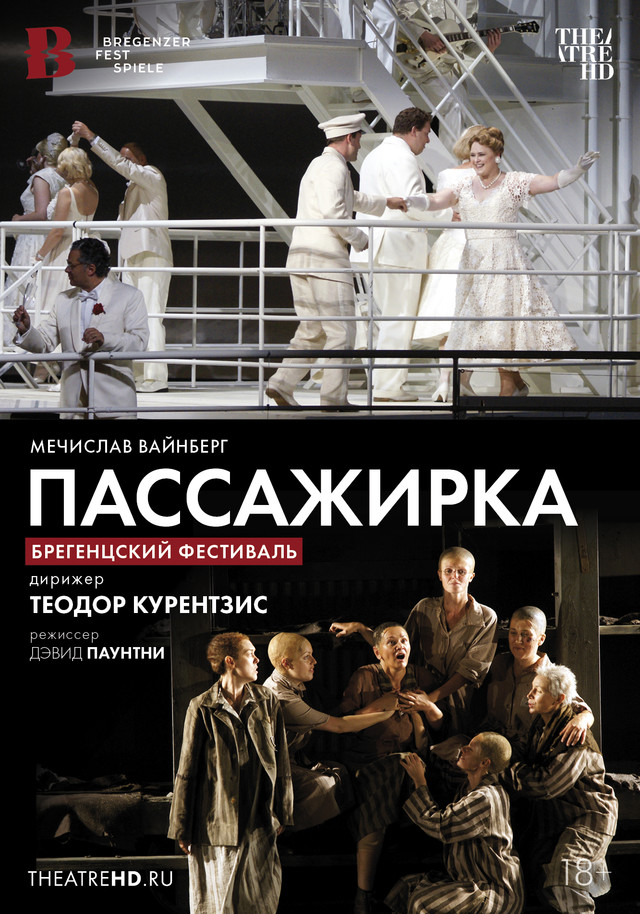



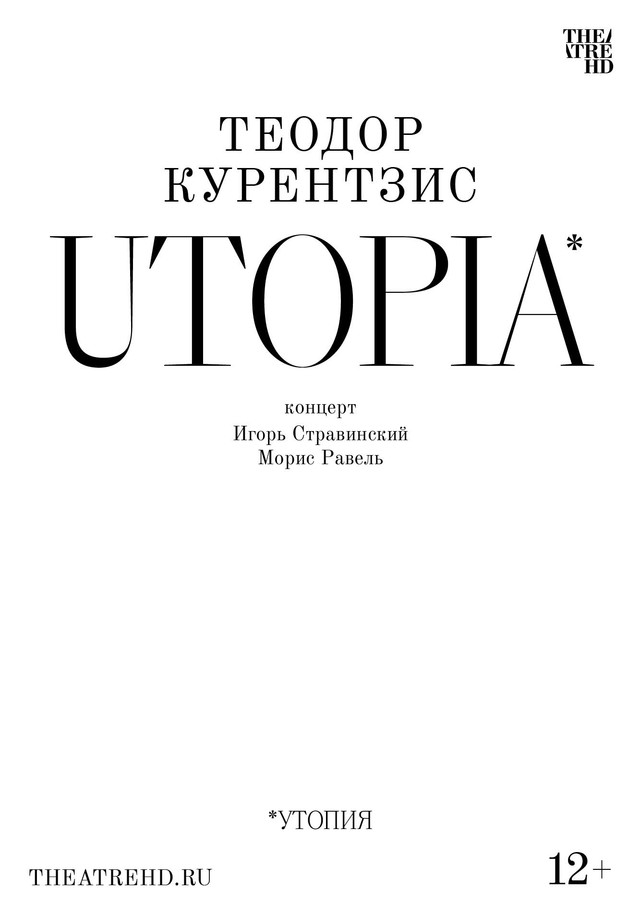

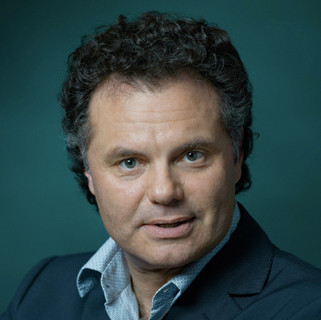





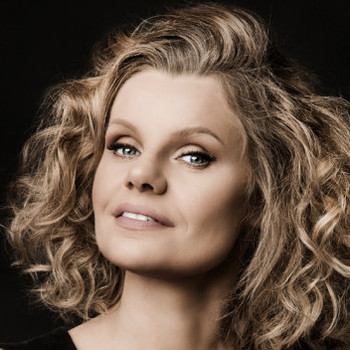

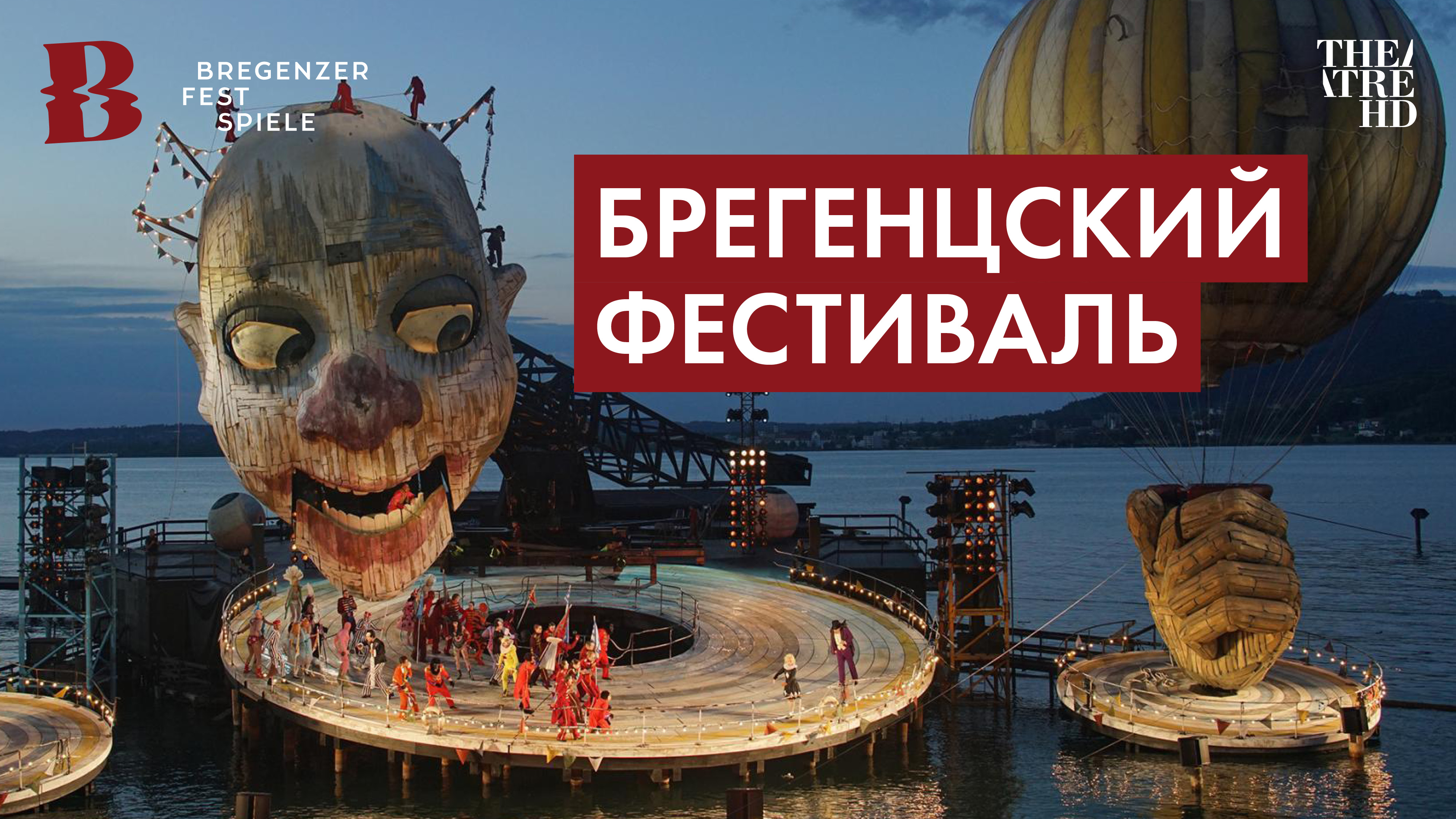
%20Bregenzer%20Festspiele_Karl%20Forster.jpg)
%20Bregenzer%20Festspiele_Karl%20Forster.jpg)
%20Bregenzer%20Festspiele_Karl%20Forster.jpg)
%20Bregenzer%20Festspiele_Karl%20Forster.jpg)
%20Bregenzer%20Festspiele_Karl%20Forster.jpg)
%20Bregenzer%20Festspiele_Karl%20Forster.jpg)
%20Bregenzer%20Festspiele_Karl%20Forster.jpg)
%20Bregenzer%20Festspiele_Karl%20Forster.jpg)
%20Bregenzer%20Festspiele_Karl%20Forster.jpg)
%20Bregenzer%20Festspiele_Karl%20Forster.jpg)
%20Bregenzer%20Festspiele_Karl%20Forster.jpg)